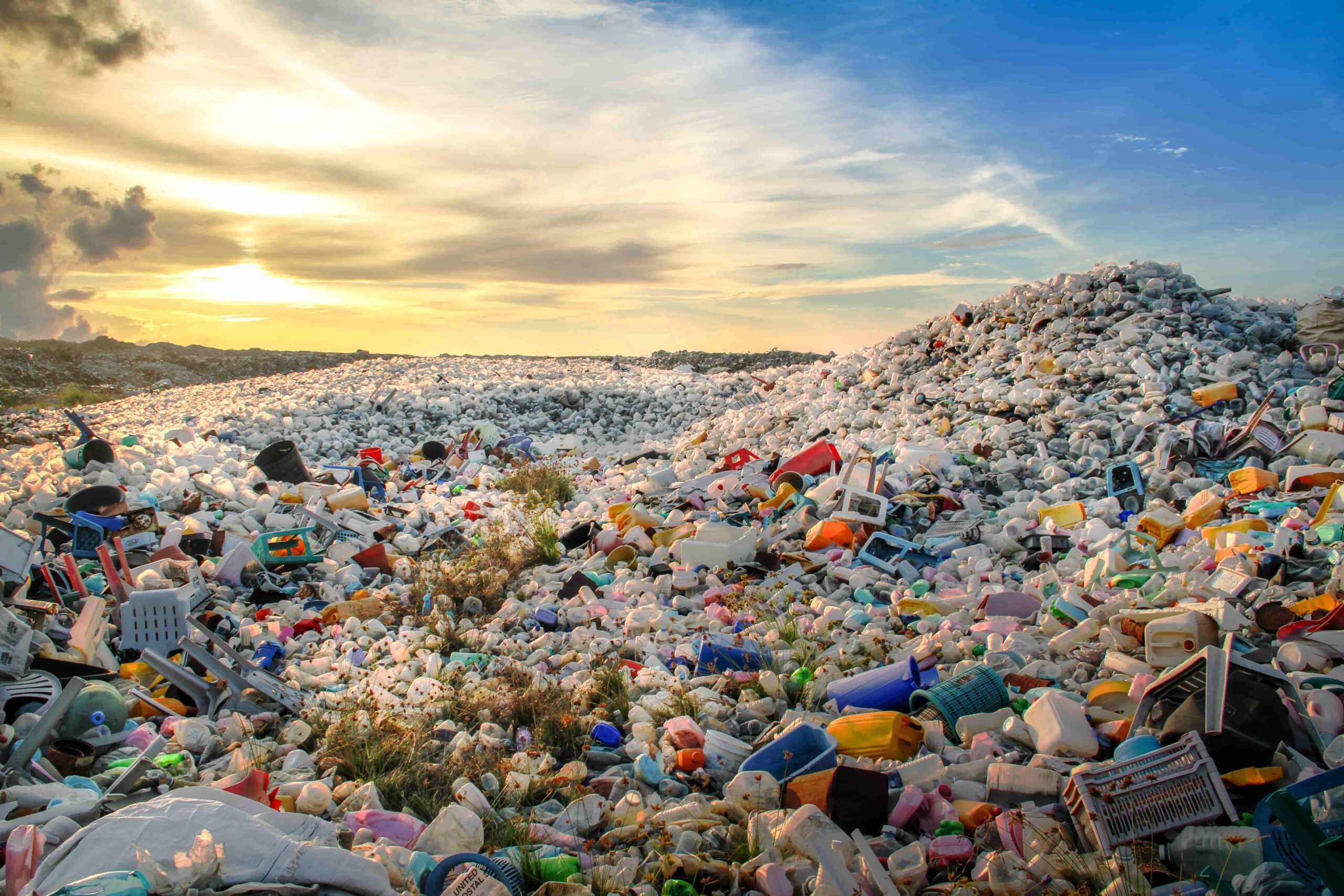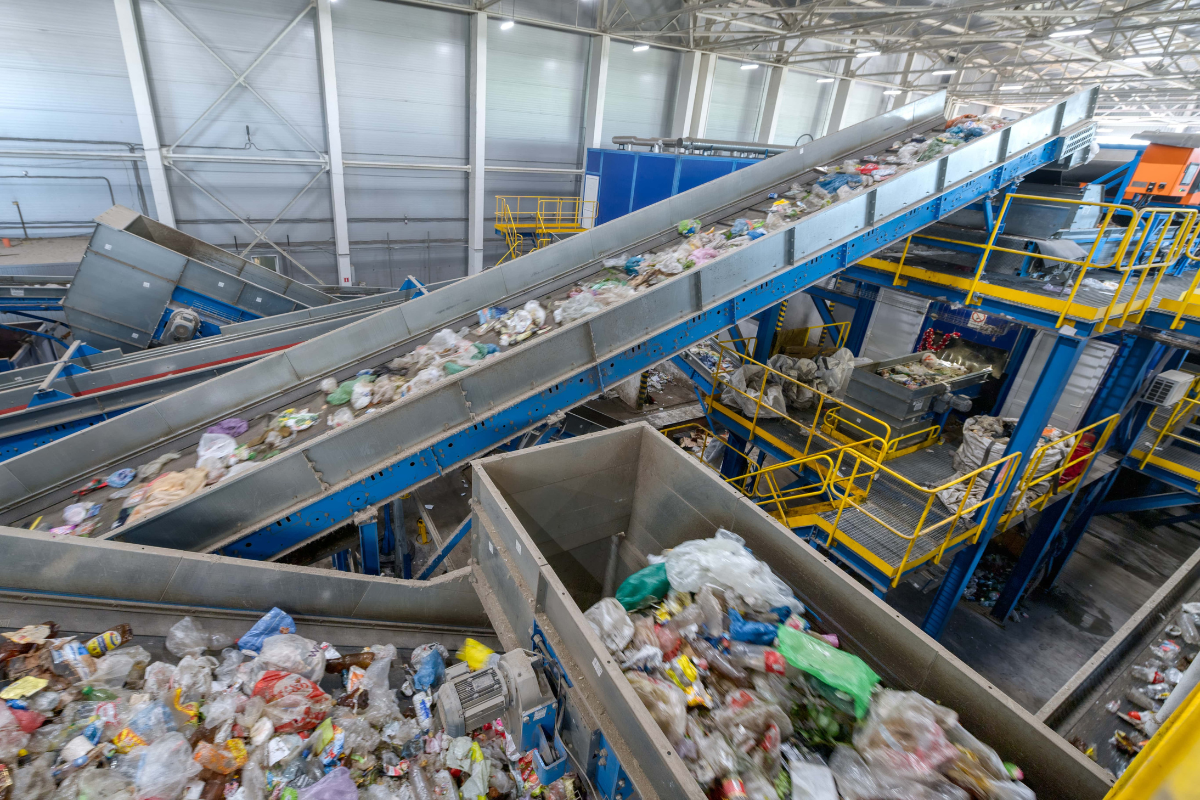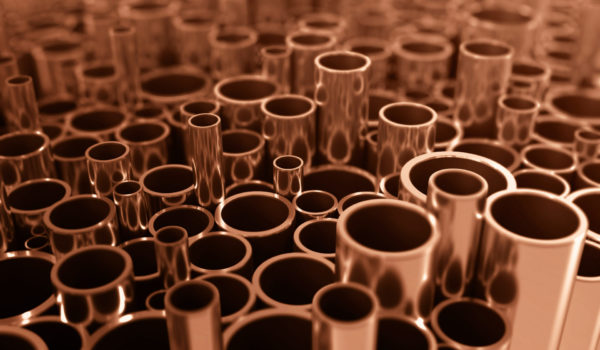A concerning report released this month by the non-profit Centre for Climate Integrity (CCI) details a “decades-long campaign of fraud and deception” from the plastics industry to promote recycling as a solution to the plastic pollution crisis.
‘The Fraud of Plastic Recycling’ reveals how plastic producers have known for over 30 years that recycling plastic is not an economical or logistical waste solution, and that recycled plastics will never be able to compete with natural materials.
The CCI claims the findings demonstrate that big oil and the plastics industry, alongside their trade associations, may have broken laws put in place to protect the public from misleading marketing.
The plastics greenwash
Over the past 25 years, plastics have become increasingly prevalent in the built environment, largely due to the materials’ cost-effectiveness, relative ease of installation and purported recycling credentials.
However, this research exposes the plastic industry’s manipulative tactics and how it has long known that recycling of its materials is not a sustainable solution.
The CCI report uncovers damaging findings from several trade associations, including internal notes from the Vinyl Institute in 1968, stating that “recycling cannot be considered a permanent solid waste solution, as it merely prolongs the time until an item is disposed of.”
Despite this prior knowledge about the truth of plastics recycling, the Society of the Plastics Industry founded the Plastics Recycling Foundation in 1984; a body of industry experts working together to create strategies to challenge the public issue of an increased amount of plastic waste on the streets and in the ocean.
Four years later, in 1988, the foundation released the “chasing arrows” hallmark, the familiar sign now used on recyclable plastics across the globe.

Learn more about the plastic industry’s history of greenwashing.
The myth of plastic recycling
It is clear the challenges of plastic recycling are significant. Chemically distinct varieties of plastic, of which there are thousands, cannot be recycled together, requiring labour-intensive and expensive sorting processes to break the materials down into their constituent parts before processing.
Recycled plastics also degrade with each use, despite efforts from the industry to convince the public otherwise.
According to National Geographic, 91% of all plastics produced in the world have not been recycled, while the Resource Efficiency Collective states less than 3% of plastics in the UK are made of locally recycled plastics and most waste ends up being incinerated, landfilled or exported.

Learn more about the inherent difficulty of plastic recycling.
The copper solution
At CuSP, we stand by the CCI and call for the plastics and big oil industry to be held to account for years of greenwashing and deception, which have ultimately increased the use of plastics across the globe.
As the report highlights, the industry has always been aware that plastic recycling can never be an economical or viable alternative to raw materials recycling.
We are committed to building a more sustainable future and aim to educate the public and the built environment industry about the true sustainable credentials of copper – a 100% natural material that serves as a healthy and readily available alternative to plastics in plumbing and construction.
Around half of Europe’s demand for the metal is currently being met by recycled materials while, to date, at least 64% of all copper mined since 1900 remains in circulation, making it an ideal alternative to plastics in light of this damning report.
For more information on the recycling credentials of copper and the long-running plastic greenwash, head to our sustainability page or subscribe to our newsletter.

